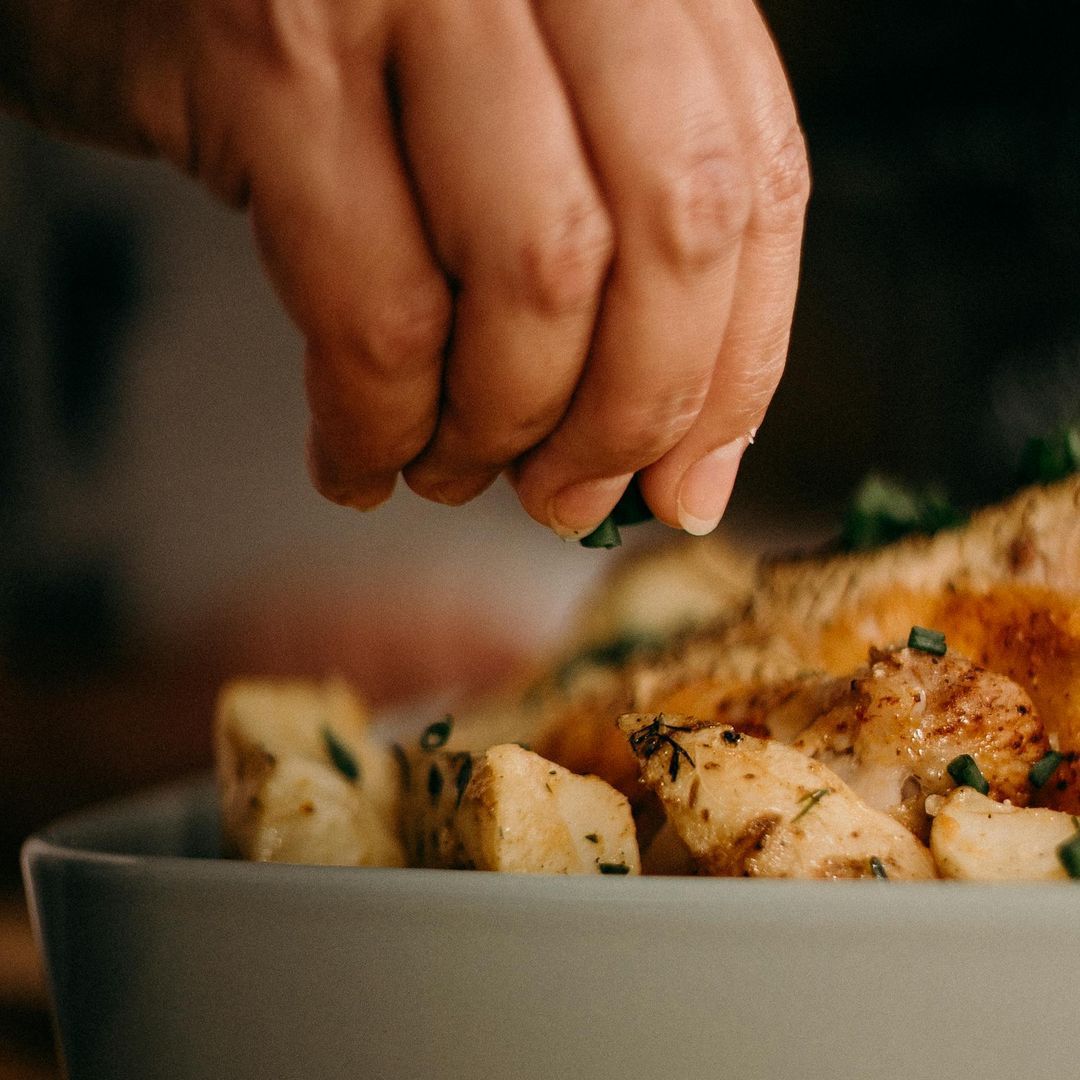The origins of Thanksgiving

Thanksgiving is one of the most iconic holidays in the United States, celebrated annually with sumptuous feasts and moments of family sharing. Its traditional image of a harmonious meal between settlers and Native Americans embodies an ideal of gratitude and solidarity that has become deeply rooted in American culture. However, behind this simple and positive narrative lies a complex history, one of collaboration but also of conflict and suffering. Today, Thanksgiving is not only an occasion to express gratitude, but also a moment to reflect on a history that has shaped the identity of an entire nation. Exploring this holiday more comprehensively means not only celebrating its universal values but also acknowledging the perspectives of all those involved, including Indigenous peoples. In this context, Thanksgiving becomes an opportunity to learn from the past and build a more inclusive future.
Historical origins: a meeting of cultures
The origins of Thanksgiving date back to 1621, when the Pilgrim Fathers, a group of English colonists seeking religious freedom, celebrated a particularly bountiful harvest in Plymouth Colony, in present-day Massachusetts. Their survival in the New World had not been easy: the first winter had decimated nearly half the community due to disease and famine. This harvest festival was made possible thanks to the contributions of the Native Americans of the Wampanoag tribe, who taught the colonists how to grow corn, hunt, and fish in the unknown lands. In gratitude, the Pilgrims invited the Wampanoag to join them for a three-day feast. It was a moment of rare harmony between colonists and natives, a celebration of cooperation and gratitude.
The first thanksgiving
The traditional Thanksgiving narrative, often taught in American schools, describes a peaceful banquet between the Pilgrim Fathers and Native Americans in 1621, as a symbol of friendship and gratitude. However, this idealized version omits many historical complexities. What actually happened is a much more nuanced event. In 1621, the Pilgrims of Plymouth Colony held a banquet to celebrate a bountiful harvest after enduring a devastating winter that had decimated nearly half their population. This was possible thanks to the help of the Wampanoag, a native tribe who taught them farming and fishing techniques. The Wampanoag chief, Massasoit, attended the banquet with about 90 men from his tribe, bringing food such as game and fish. However, the relationship between the colonists and Native Americans was not always peaceful. Over time, tensions increased due to increasing colonial expansion, the seizure of indigenous lands, and the spread of diseases brought by Europeans, which devastated native communities. Events like the Pequot War (1636–1638) and the subsequent cultural genocide paint a darker picture than is often portrayed. For many Native Americans, Thanksgiving is seen as a day of mourning, a time to remember the suffering inflicted on their communities. This contrasts starkly with the idyllic image of shared feasting, highlighting the importance of telling the story fully and honestly.
The transformation into a national holiday
The tradition of Thanksgiving did not immediately establish itself as a national holiday. In the early years, it was primarily local and religious communities that celebrated it informally, with prayer ceremonies and the sharing of food. It was only in 1863, during the American Civil War, that President Abraham Lincoln officially proclaimed Thanksgiving a national holiday. Lincoln hoped this day of gratitude could unite a nation torn apart by conflict. Since then, Thanksgiving has become an annual event, deeply rooted in the cultural fabric of the United States.
The Cultural Impact of Thanksgiving
Thanksgiving is not just a holiday, but a cornerstone of American culture, a symbol of gratitude, community, and inclusion. However, like many historical traditions, it is not without controversy. While traditional narratives celebrate the friendship between settlers and Native Americans, many Native Americans see this holiday as a painful reminder of the injustices suffered by their communities. Despite these tensions, Thanksgiving is a time when Americans put aside their differences to celebrate together. It is an inclusive holiday that has evolved over time, taking on different meanings for people of all faiths, cultures, and ethnicities.
Food as a symbol of unity

At the heart of Thanksgiving is food, and the feast is the true protagonist. The traditional menu includes: roast turkey, often stuffed and served with cranberry sauce; mashed potatoes and gravy; pumpkin in every form, from pie to side dish; and pecan or apple pie as a dessert. Each family adds their own regional or family variations, making the meal a unique and personal occasion.
Thanksgiving Today: Between Tradition and Modernity
Over time, Thanksgiving has been enriched with new rituals. Consider the famous Macys parade in New York, with its giant balloons and floats, or the traditional football game, which millions of Americans watch after lunch. Then theres Black Friday, the day after Thanksgiving, which marks the beginning of the Christmas season with discounts and shopping sprees. Although not strictly speaking part of the holiday, it has become a symbol of the modernity and consumerism associated with the holidays.
A universal message
While Thanksgiving is a profoundly American holiday, its message of gratitude and sharing has universal resonance: reflecting on what we have and finding ways to share it with others. Its a time to set aside everyday worries, strengthen human bonds, and celebrate the value of community. However, this day brings with it a complex perspective. For Native Americans, Thanksgiving also represents an opportunity to remember the resilience of their communities in the face of the loss of lands, cultures, and lives, often caused by colonial expansion. As we celebrate solidarity and gratitude, its important to honor the full story, acknowledging both the lessons of cooperation and the suffering inflicted. In an increasingly frenetic and divided world, Thanksgiving invites us to reflect not only on personal gratitude, but also on the collective responsibility to build respectful and just relationships. This message, enriched by a deeper understanding of history, can become a valuable lesson that transcends cultures and traditions.

gourmet
Data di inserimento 22 nov 2024
Report article


Comments
There are no comments yet.